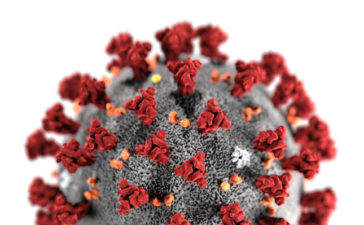Chicago : A DNA-based Zika vaccine from Inovio Pharmaceuticals Inc and South Korea’s GeneOne Life Science Inc induced anti-Zika immune responses in an early stage human trial, U.S. researchers reported on Wednesday.
Unlike conventional vaccines, which often use inactivated or killed versions of a virus, the Inovio-GeneOne shot is a synthetic vaccine made by reproducing sections of the Zika virus genome in a lab, and then loading them onto a ring of genetic material called a plasmid.
This vaccine is then injected beneath the skin and followed up with a device that generates electrical impulses.
After three doses of the Zika vaccine known as GLS-5700, all 40 healthy volunteers in the study developed Zika-specific antibodies.
“Everybody made antibodies,” said Dr. Pablo Tebas, an infectious disease expert at the University of Pennsylvania who led the study.
More testing will be needed to show the vaccine is effective at protecting people from Zika, and that could prove challenging given that the once explosive epidemic has slowed and there are few large populations now at risk for Zika infection .
Zika caused thousands of cases of the birth defect known as microcephaly in Brazil in 2015, prompting the World Health Organization to declare Zika a public health emergency in February 2016. Last November, the WHO dropped the emergency designation, but stressed that the virus, found in at least 60 countries, will keep spreading where mosquitoes that carry the virus are present.
Last month, Sanofi SA ended development efforts on its Zika vaccine, based on an inactivated or killed Zika virus. Takeda Pharmaceutical Co is still working on a Zika vaccine using this approach.





